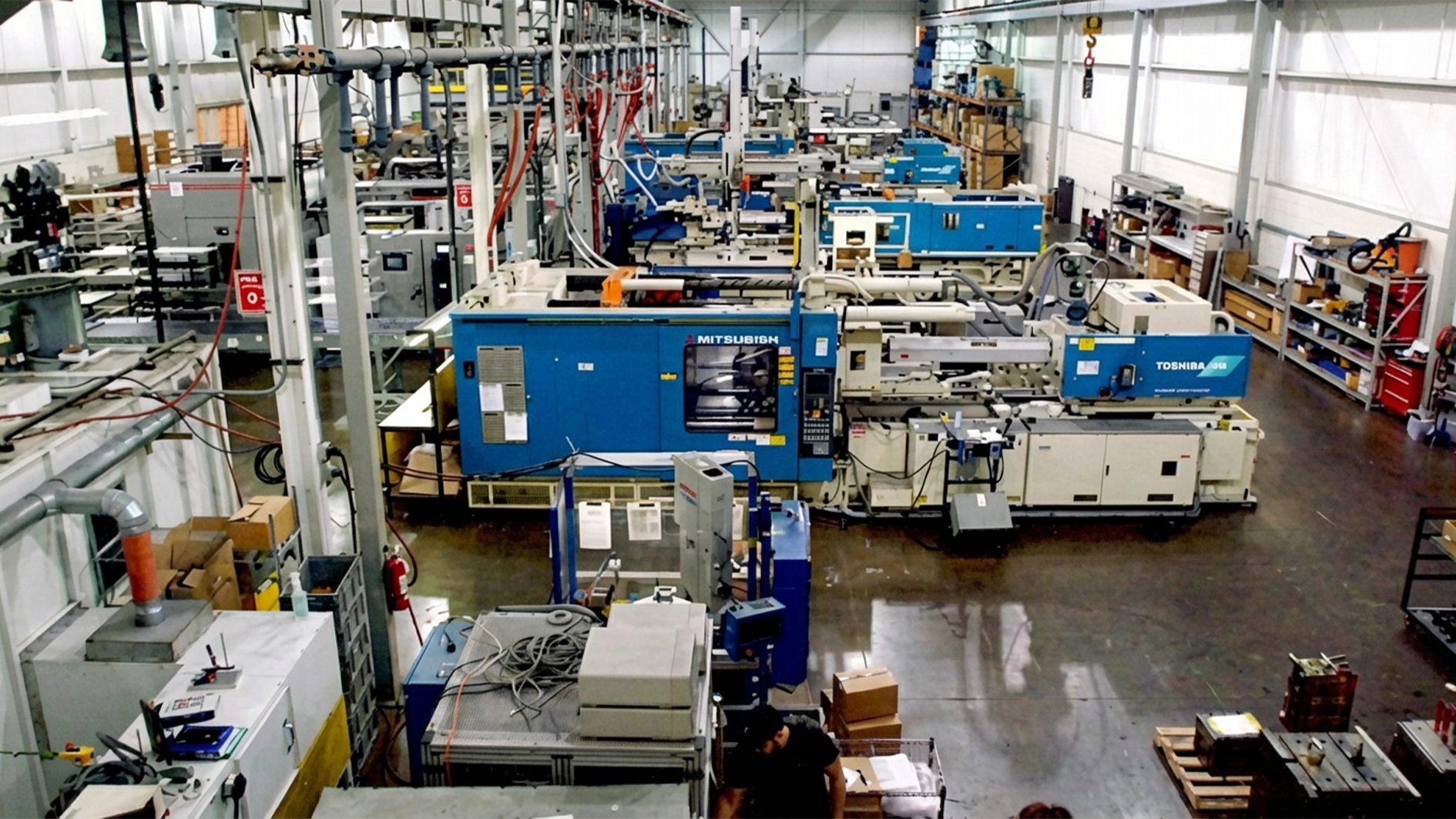 •Want urgent re-alignment of policy, regulation
•Want urgent re-alignment of policy, regulation
Industry players in the oil and gas sector have emphasised the need to deregulate the industry to tackle the incessant fuel scarcity.
According to them, full deregulation would enable market forces to determine fuel prices, which in turn, create a more competitive environment that can attract private investment, leading to more efficient distribution systems.
With the Dangote Refinery poised to distribute products, they believe that deregulation would create a more favorable environment for private refiners and fuel marketers to operate, boosting local production and reducing the need for imports.
They made this known during a webinar, organised by the Major Energies Marketers Association of Nigeria (MEMAN) yesterday, titled: ‘Optimising the Petroleum Industry in Nigeria,’ where they pointed out that deregulation will encourage investment in refining and distribution, which are currently bottlenecks in the sector.
National President of the Petroleum Retail Owners Association of Nigeria (PETROAN), Billy Gillis-Harry said fuel scarcity should be addressed, emphasising that the only solution to it is full deregulation of the sector.
He stressed that the deregulation of the sector is expected to ensure price determination by market forces, and the absence of government control in the pricing process except for tax purposes.
He emphasised that with the deregulation marketers would have the freedom to purchase crude oil from local and international sources for processing in the refineries and the right of access to distribution facilities subject to transportation agreements based on tariffs.
“As a retail outlet, deregulation is critical for us because we have products that we can sell to grow and contribute to the larger economy,” he said.
Gillis-Harry pointed out that maintaining self-sufficiency in refining, ensuring regular and uninterrupted domestic supply of petroleum products, establishing facilities and infrastructure to produce refined products targeted at the export market and supporting domestic petrochemicals are the aspirations in the downstream sector.
Representative of Zera Advisory and Consulting, Joe Nwakwue, while speaking on the theme: ‘Nigeria’s Oil and Gas policy Conundrum: Pathway to a win-win,’ said the country has a policy and regulation challenge, which calls for an urgent need for re-alignment and re-prioritisation of policy objectives with the consuming public at the centre.
He stressed that every policy should be geared towards the people as energy is key to human development.
Nwakwue emphasised that if there is any form of subsidy, it should be properly designed to achieve its objectives to avoid being wasteful.
“The only way the market can sustain is when there is a fair price for the product and the key to it is transparency and price discovery. Our distribution infrastructure is the fragile I’ve seen, hence, there should be investment which won’t come without fair pricing,” he said.






